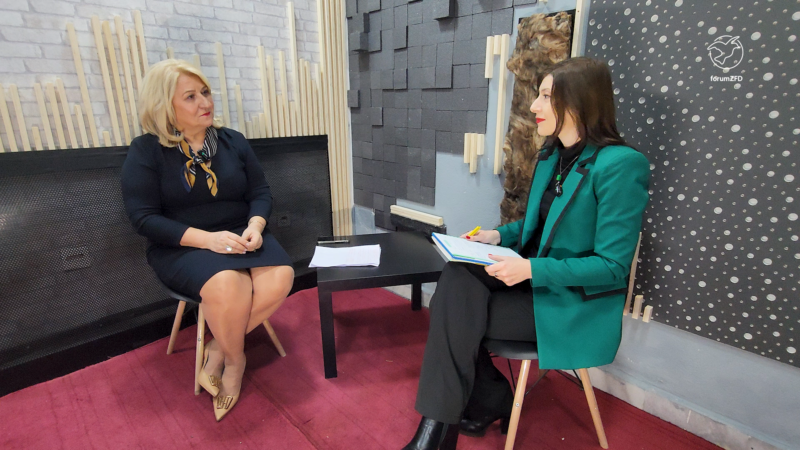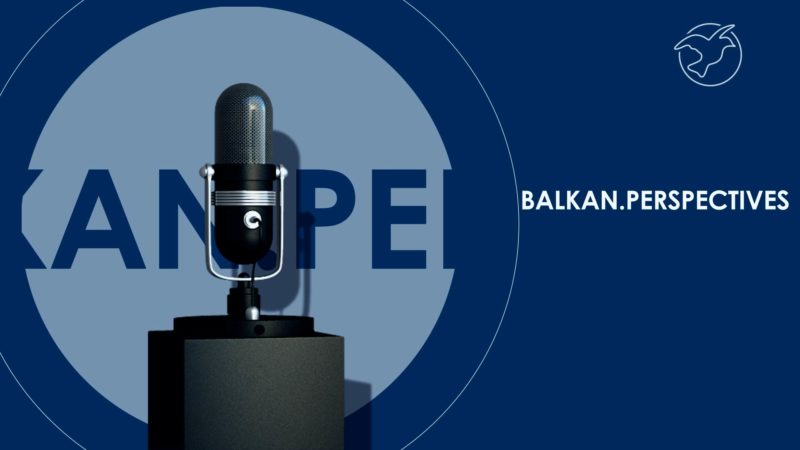In this episode, we dive into a topic with deep historical and political weight — the Law on Amnesty and its impact on transitional justice processes in North Macedonia. We explore how amnesty has been used in the past, what it aims to achieve, and whether it truly contributes to social reconciliation — or simply covers up injustices.
Is amnesty a step toward justice — or a detour away from it?
A conversation that challenges official narratives and sheds light on the role of the state, victims, and justice in a society striving to heal past wounds without forgetting them.
You Might also like
-
What have Balkan countries done to protect the women in the post conflict period?
In this episode of Transitional justice we talk about the protection of women in the post conflict period. The UN recognized the need to highlight the role and the position of women in the world after armed conflicts and adopted the Resolution 1325. This Resolution urges all actors to increase the participation of women and incorporate gender perspectives in all UN peace and security efforts. Our interlocutor for this topic is Professor Lidija Georgieva from the Faculty of Philosophy. We asked The Professor Georgieva what is done after the adoption of this Resolution, especially in the Balkan countries?
Post Views: 683 -
Transitional justice and the Hague cases
In the second episode of the “Balkan Perspective” podcast, we discuss the role of international courts in restoring peace in the Balkans after the conflicts of the 1990s. What impact have these institutions had in addressing war crimes and building trust among citizens? Are these courts perceived as a mechanism of justice by the affected communities?
Special attention is given to North Macedonia, analyzing the level of peace and inter-ethnic relations following the 2001 conflict. Our guest is Imer Selmani, a prominent political figure who has held significant positions throughout his career and has been a witness to key developments in the country.
Post Views: 915 -
The role of the two religions in bringing peace on the Balkans
New episode of the podcast Transitional justice
In this episode we discuss the role of the religions in the post conflict period on the Balkans. How did the religions contribute to making peace and are we living in a harmonized society today? On these topics, Evi Shkopi is talking with the teologist and sociologist Musa Musai about the Islamic point of view, and Kristina Atovska is talking with the Professor and Priest Milan Gjorgjevic about the Orthodox point of view.
Watch the full episode.
Post Views: 674





